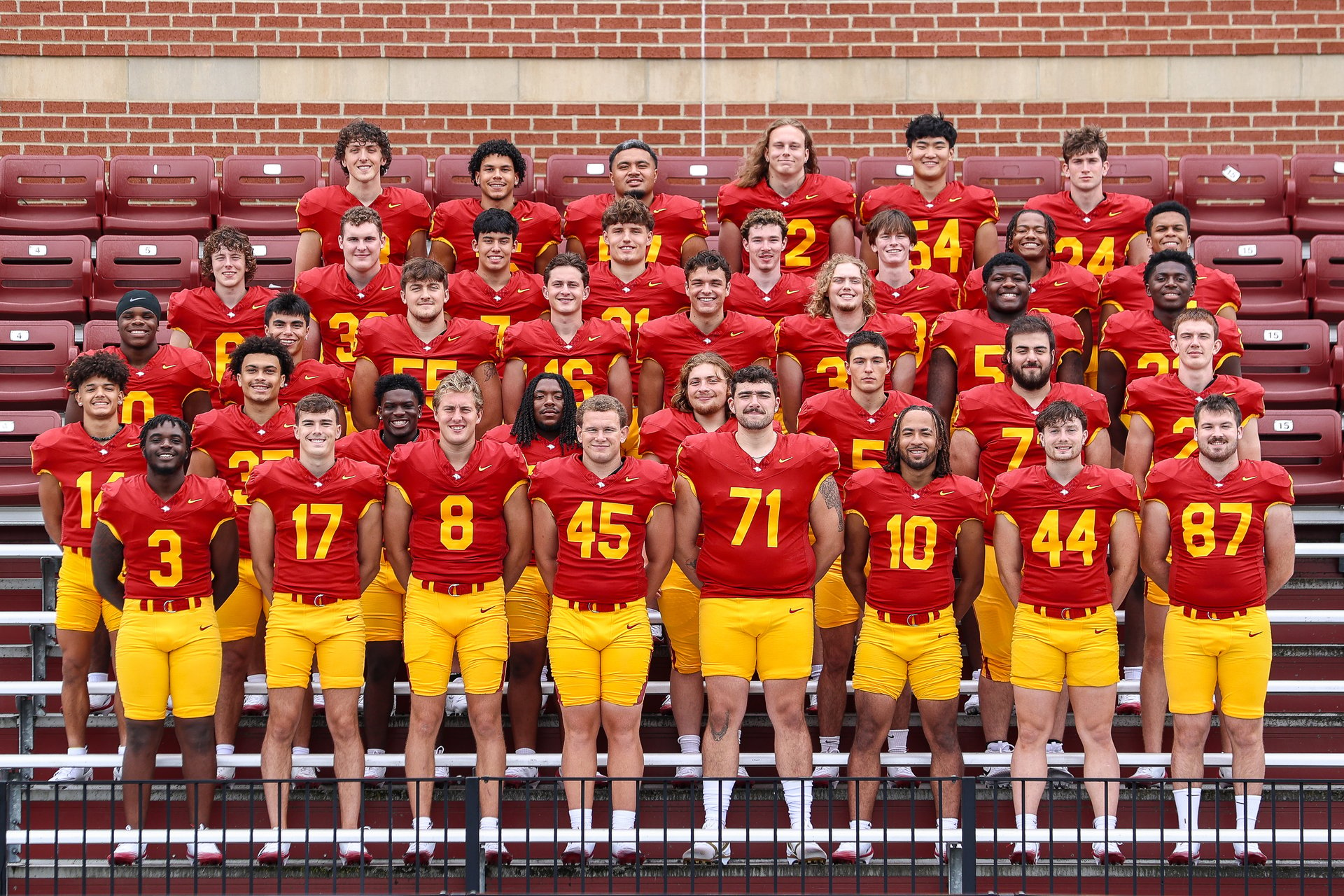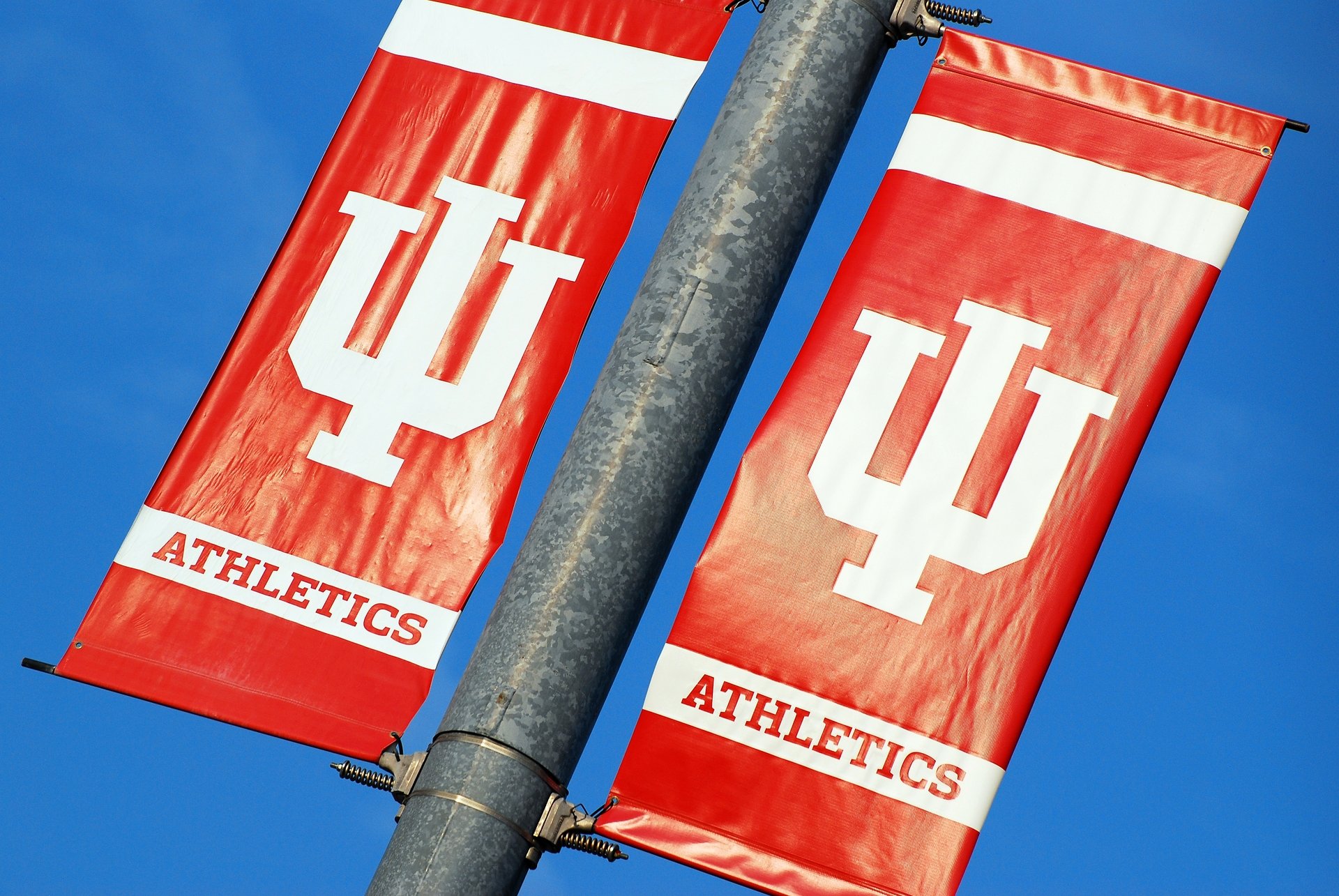Good morning, and thanks for spending part of your day with Extra Points.
First, a quick word from one of our sponsors: Teamworks.
Win the Rev Share Era with Teamworks General Manager
Teamworks GM equips athletic departments with the only integrated platform for navigating collegiate revenue sharing. Already adopted by more than 50 programs, Teamworks GM centralizes roster planning, budget forecasting, contract management, and athlete payments. Replace disconnected and generic systems with one intuitive, end-to-end interface. With teams already using the platform to budget for the rev share era, Teamworks GM provides the strategic advantage needed for success in college sports' new financial landscape. Learn more
Follow along with Teamworks and Extra Points as we explore How GMs are Building Championship Rosters. In our latest update, we caught up with a mid-major that just hired an old AD to be a GM over multiple sports. We’ve also covered How the technology that supports GM jobs actually works, a look at the Mid-Major Basketball GM role, and our first dispatch, on the skills needed to be a P4 FB GM.
You might have missed this amid all the news about EA Sports College Football 26, various College Football Playoff proposals, and the latest SEC Supremacy PowerPoint, but there was an important update out of Big 12-land last week.
I believe FOS was first to the story that the Big 12 is “just not ready to jump in yet” with any private equity partnerships. Via the interview:
Where does the Big 12 stand on selling a stake of the conference to private equity?
We’ve explored all that. We did it probably for the better part of the year. We’re not ready to go in that direction, but we know what the options are out there. We’ve been educated at the highest levels.
Why aren’t you ready to take that step?
The board’s not ready right now. And there’s probably lots of reasons for that. There are so many different things going on right now. But I think we’re well informed. We know what’s going on in that world. We hired a bank to consult and give us direction—show us what the optionality is out there. And we’re just not ready to jump in just yet.
Big 12 Commissioner Brett Yormark would also state in the interview that potential plans to sell Big 12 conference naming rights are also “on pause.”
In late February, the Big 12 reviewed various bids for capital infusions, although those bids, per Yahoo’s Ross Dellenger, were not about equity. Other major conferences, such as the Big Ten and SEC, have also hired banks to formally explore the process of potentially bringing in capital partners. Other conferences, such as the AAC, have also expressed interest in potentially bringing in a capital partner.
At the start of the year, you’d be forgiven for thinking that a major private equity, or capital, investment in college sports was all but inevitable. All schools and conferences need an infusion of money to help offset revenue sharing costs, and partnerships with institutional investors can also bring new relationships and expertise to athletic departments. Potentially doing a deal with an entity that knows a ton about the entertainment business, real estate development and/or digital broadcasting does make a certain amount of intellectual sense.
But now it’s June. To the best of my knowledge, nobody has actually executed a deal yet, even though there’s been lots of sniffing around on both sides.
And interestingly enough, there doesn’t appear to be a ton of deal flow with the NFL either
I fully understand that this is not completely an apples to apples comparison here. But stick with me for a second.
Recently, the NFL changed rules to allow private equity firms to purchase minority stakes in teams. But then a funny thing happened….not very many firms actually did it. In fact, two particularly large PE firms that were part of the NFL’s approved partners, Blackstone and CVC, have reportedly walked away from the process.
The NFL is the most popular sports league in the United States, and NFL franchises have enjoyed massive valuations for years. Why wouldn’t an institutional investment fund want a chunk of a team? Even lousy teams are worth hundreds of millions, if not billions, of dollars.
So why aren’t more PE firms buying into teams? Well, via FOS, here’s one possible reason:
The NFL policy is much more restrictive than PE firms are used to. The investments are completely passive; firms get no voting power or governance rights and are not allowed to have any influence in a team’s decision-making process; the league can force the sale of an equity stake if a firm violates league terms; and the NFL requires PE investors to stay invested for at least six years.
“The idea that you’re writing a huge check but have no control and no clear exit—that just doesn’t fit with how most private-equity firms operate,” says Kenneth Shropshire, a professor at the University of Pennsylvania’s Wharton School who previously served as CEO of the Global Sport Institute at Arizona State University.
Hmmm…you mean to tell me that even though an asset is potentially very valuable, the investment becomes less attractive if the PE firm can’t secure meaningful governance power , and they can’t quickly flip the asset?
You know where else that’s going to be the case? College sports.
Yormark alluded to this in the FOS interview, but based on the vast majority of conversations I’ve had with commissioners and athletic industry staffers, the appeal of a private capital or equity partnership generally isn’t just about the cash. After all, schools have other options to raise capital (like regular ol’ banks)…but borrowing money from First National Bank of San Marcos or whatever doesn’t come with expertise on how to grow new licensing revenue.
So if you’re limiting yourself to strategic partners who can bring something besides cash to the table, then you’re looking at a smaller number of partners. If you can’t make the deal worth it to that small number of investors, then you don’t have a deal.
Typically, PE firms aren’t in the business of holding assets for years and years. It’s more common for an investor to come in, quickly grow revenues (or slash expenses, or both), and then try to flip that asset. If you don’t have direct influence on how the organization operates, it’s much harder to drive up profitability enough to quickly sell. The NFL doesn’t allow these institutional investors to make decisions…and it’s hard to imagine public universities would be willing to grant substantially more flexibility.
After all…nobody wants to get blamed for letting Mega Capital Partners liquidate the women’s soccer program.
So if the requirements of a sale limit the direct influence a strategic partner can exercise, and if those requirements make it harder to flip the asset, well…it might not be as attractive an investment vehicle for private equity or capital. You do the due diligence just to make sure, of course, but what seemed very exciting in January might be substantially less exciting once everybody has had three months to really get into the spreadsheets.
Real quick, another word from another one of our sponsors:
Short Courts help you bring the Home Court, Home.
Whether you’re looking for a dynamite addition to your home office, or a new gift to improve donor engagement, Short Courts has you covered. They produce authentic, framed replicas of iconic basketball courts and football fields across all levels of high school and college sports. To learn more about how Short Courts can help spruce up your interior decorating or fundraising, check out ShortCourts.com, or say hi to the team at NACDA.
Could it still happen? Sure.
You only need one investor and one athletic entity to love an idea in order to make some sort of deal. If I had to make an educated guess, I’d say it is substantially more likely that an athletic conference ends up securing a strategic partnership, as opposed to a school, like Florida State considered.
Once (or I guess if?) House is eventually settled, investors may decide there is a teensy bit less regulatory uncertainty, making it easier to make revenue or expense projections. Could additional action from the courts oorfederal government create an environment more conducive to this type of dealmaking? Sure. Could an investor, or conference, get desperate enough to get something executed, even with significant uncertainty? Sure.
One thing I am trying to get better about doing is knowing when to be skeptical of the latest thing making the rounds in sports business. Sometimes, like NIL collectives, the development legitimately is massive. But sometimes, like with SPACs or the Metaverse or NFTs, the hype remains hype.
My crystal ball is cloudy, and I have a hard time knowing what I’m going to make for dinner in three days, let alone where the industry is headed. But I’m not shocked we haven’t seen much in the way of big deals yet. It’s entirely possible things stay that way for the immediate future.



















